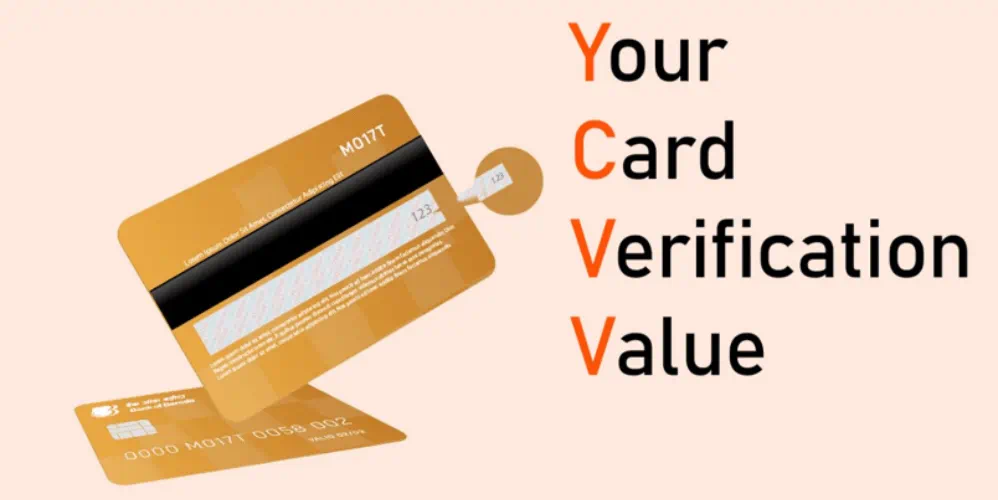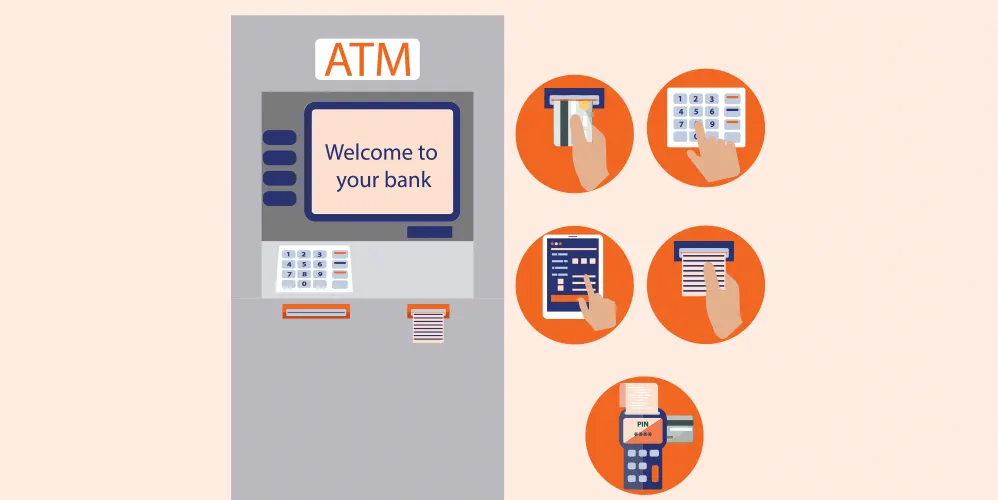
अपने बच्चे की शिक्षा के लिए बचत और निवेश कैसे करें
22 सितम्बर 2023

Table of Content
Pursuing higher education is a dream for many individuals, but the rising education costs can often be a major hurdle. In such situations, education or student loans come to the rescue by providing the necessary financial support.
A student loan is a mid to short-term loan for students that provide the necessary financing to cover the fees of the university or organisation where the student is willing to study. Further, education loan for studies abroad has helped numerous students fulfil their dream of studying abroad.
However, it is crucial to have a good understanding of the various education loan terms in India. Here, we aim to shed light on some important student loan terms you should know to make informed decisions regarding your loan.
Important Student Education Loan Terms
Here are some of the most common student loan terms you will come across while applying for a student loan in India or even an education loan for study abroad:
1. Moratorium Period
The moratorium period, also known as the repayment holiday, is a specific duration during which the borrower is not required to repay loan. The moratorium period extends for the duration of the course plus an additional year.
While no repayments are necessary during this period, interest may accrue. The repayment schedule begins once the moratorium period ends.
2. Collateral
Collateral refers to an asset or property the borrower pledges to the lender as security against the loan amount. In case of default or failure to repay the loan, the lender has the right to take possession of the collateral.
Collateral can be in the form of property, fixed deposits, or other valuable assets. Not all education loans require collateral, but having collateral may result in lower interest rates.
3. Cosigner/Co-borrower
A cosigner or co-borrower, or co-applicant is an individual who jointly applies for an education loan with the primary borrower, usually a parent or guardian. The cosigner is equally responsible for loan repayment and shares the financial liability.
A cosigner with a stable income and good credit history can strengthen the loan application and increase the chances of approval.
4. Sanction Letter
A sanction letter is an official document issued by the lender that confirms the approval of the education loan. It contains important details such as the loan amount, interest rate, repayment period, and other terms and conditions. The sanction letter is a legal agreement between the borrower and the lender.
Also Read: Benefits of Education Loan to Raise Funds
5. Variable Interest Rate
A variable interest rate, also known as a floating interest rate, is a type of interest rate that can change throughout the loan repayment period. The interest rate is usually linked to a benchmark rate, such as the MCLR (Marginal Cost of Funds-based Lending Rate) or the Repo Rate.
Changes in the benchmark rate can cause fluctuations in the interest rate, affecting the EMI amount/ Period of Loan
6. Grace Period
The grace period is a short duration i.e upto 12 months after the completion of the course, during which the borrower is not required to make any loan repayments. This period allows the borrower to secure employment or make other necessary arrangements before starting the repayment.
Interest may or may not accrue during the grace period, depending on the loan terms.
7. Annual Percentage Rate (APR)
The Annual Percentage Rate (APR) is the total cost of borrowing, including the interest rate and any other associated charges or fees, expressed as an annualised percentage. The APR provides a comprehensive understanding of the overall cost of the loan for students and helps in comparing loan offers from different lenders.
8. Margin Money
Margin money, also known as a down payment or contribution, is the portion of the total education expenses the borrower must bear. The lender covers the remaining amount through the education loan. The margin money requirement varies across lenders and loan products and is usually a percentage of the total expenses.
9. Loan Tenure
The loan tenure refers to the duration the borrower must repay the education loan. It is typically a few years after the moratorium period ends. The loan tenure can vary depending on factors such as the loan amount, interest rate, and request of the borrower.
Longer loan tenures result in lower monthly instalments but higher overall interest payments.
In a Nutshell
Obtaining an education loan for students can be a crucial step in fulfilling your educational aspirations. This is especially in the case of overseas education loans.
However, it is essential to clearly understand the important terms associated with education loans in India. It also allows you to select the right lender and avail of loans at better terms and conditions.
Bank of Baroda has been pioneering in providing much-needed finance to students for a brighter future. Student loans by the Bank of Baroda come with affordable interest rates, simple terms and conditions, quick processing, and disbursal. Apply now!
Also Read: Applying for an Education Loan – The Procedure You Need to Follow
Popular Articles
Related Articles



What is CVV on a Debit Card? Understanding Its Importance and Security Features


How to Update Your FASTag KYC: Step-by-Step Guide for Online & Offline Methods




The Importance of Pension Funds: Secure Your Future with Steady Retirement Income

-
डिस्क्लेमर
इस लेख/इन्फोग्राफिक/चित्र/वीडियो की सामग्री का उद्देश्य केवल सूचना से है और जरूरी नहीं कि यह बैंक ऑफ बड़ौदा के विचारों को प्रतिबिंबित करे। सामग्री प्रकृति में सामान्य हैं और यह केवल सूचना मात्र है। यह आपकी विशेष परिस्थितियों में विशिष्ट सलाह का विकल्प नहीं होगा । बैंक ऑफ बड़ौदा और/या इसके सहयोगी और इसकी सहायक कंपनियां सटीकता के संबंध में कोई प्रतिनिधित्व नहीं करती हैं; यहां निहित या अन्यथा प्रदान की गई किसी भी जानकारी की पूर्णता या विश्वसनीयता और इसके द्वारा उसी के संबंध में किसी भी दायित्व को अस्वीकार करें। जानकारी अद्यतन, पूर्णता, संशोधन, सत्यापन और संशोधन के अधीन है और यह भौतिक रूप से बदल सकती है। इसकी सूचना किसी भी क्षेत्राधिकार में किसी भी व्यक्ति द्वारा वितरण या उपयोग के लिए अभिप्रेत नहीं है, जहां ऐसा वितरण या उपयोग कानून या विनियमन के विपरीत होगा या बैंक ऑफ बड़ौदा या उसके सहयोगियों को किसी भी लाइसेंसिंग या पंजीकरण आवश्यकताओं के अधीन करेगा । उल्लिखित सामग्री और सूचना के आधार पर किसी भी वित्तीय निर्णय लेने के लिए पाठक द्वारा किए गए किसी भी प्रत्यक्ष/अप्रत्यक्ष नुकसान या देयता के लिए बैंक ऑफ बड़ौदा जिम्मेदार नहीं होगा । कोई भी वित्तीय निर्णय लेने से पहले अपने वित्तीय सलाहकार से सलाह जरूर लें।
How to Save & Invest for Your Child's Education Aboard
Quality education is one of the most important investments in your child's future. It equips them with the knowledge, skills, and opportunities necessary to thrive in today's globalised world.
शिक्षा ऋण के लिए आवश्यक सिबिल स्कोर की जानकारी
शिक्षा ऋण के लिए सिबिल स्कोर संबंधी आवश्यकताओं और फंडिंग को सुरक्षित रखने संबंधी दिशानिर्देशों की जानकारी प्राप्त करें. शिक्षा ऋण की स्वीकृति हेतु उत्तम सिबिल स्कोर का होना सुनिश्चित करें.

